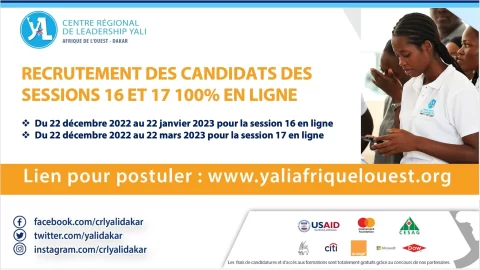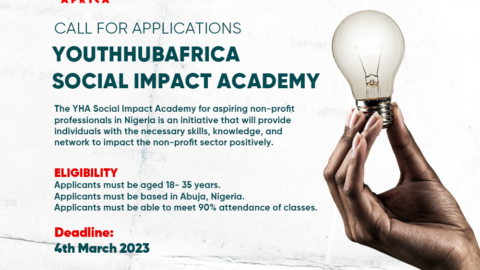For nearly 15 years, Nigerians watched their government at the federal, state and local government levels as it makes efforts to achieve the Millennium Development Goals. Set in 2000, the MDGs are globally accepted development frameworks aimed at achieving eight important goals, the first of which is the reduction of poverty by half by 2015.
The one and half decade long MDGs is expected to end this year. While what has been achieved nationally and globally in terms of the goals is subject to further debate and discussions, what is news is that governments, private sector, citizens and citizen organisations the world over have started discussions since 2012 on a new development goal for the “world they want to see’’.
Seventeen goals, 169 targets, and between 400 and 500 indicators have so far been identified as necessary for making the world a safer and better place to live by 2030. The final goals, targets and indicators are now being discussed within the United Nations and are expected to be ready between September and December 2015.
Whoever becomes the next President of our country has the very rare opportunity of taking delivery of these new ambitious and inclusive goals but also has the Herculean task of delivering on the goals.
Here are a few actions that the next President of the Federal Republic of Nigeria has to take as the world births the post-2015 development agenda.
In order to make room for clear accountability along party lines and in terms of manifestos of presidential candidates, the next President will need a team that can review the post-2015 development goals and link each of his campaign promises, manifestos and pledges to this new development framework. This way accountability becomes easy.
Financing the new development goals is a must. The Nigerian state will need to strengthen a host of institutions that are key to helping it derive the financial resources needed to fund all of the goals, such institutions include but not limited to the Federal Inland Revenue Service, Corporate Affairs Commission, Office of the Senior Special Adviser to the President on the MDGs, the Economic and Financial Crimes Commission, Development Bank of Nigeria, the Nigeria National Petroleum Commission, the Central Bank of Nigeria amongst others.
Nigeria needs a Minister of Foreign Affairs knowledgeable in international development and diplomacy, meaning the next President must choose a Minister of Foreign Affairs who can take the lead in evolving structures and processes in ensuring that our diplomatic posts especially at the UN receive information from the ministry in a timely manner, one that is processed along the lines of a well-crafted national foreign and development policy such that Nigeria can begin to lead global discussions, negotiations and debates based on a well-articulated development agenda.
Data and data analysis are an important tool for planning, the President will need to strengthen the National Bureau of Statistics to evolve data revolution mechanisms that can provide government evidence-based progress reports in real time on the attainment of our developmental goals. A must-do for the incoming President is the need to ensure that the NBS remains independent, adequately funded and equipped to be able to develop national indicators that can be used to measure the post-2015 development framework and other goals.
A clear means of implementing the new development goal remains the priority of whoever becomes Nigeria’s President come May 29. Blocking leakages, improving the tax system, reforming civil service by ensuring all government workers have clear job descriptions aligned to a national implementation plan on the post 2015 development agenda. Appointing Ministers of Finance and National Planning who both understand development financing and national planning will be an added advantage.
Partnerships between government, civil society and the private sector are an important element of the new development goal under discussions at the UN. The next President of the biggest economy in Africa will need to create an Office of Partnership coordinated by the Special Adviser to the President on Civil Society. This Office was last held during the Yar’Adua administration if I am right. The next President will need to appoint someone into this Office that will be charged with the responsibility of working with the Minister of Trade and Investment to mobilise the civil society and the private sector in working with government to implement the new development framework. The next President must unlock the potential of involving the civil society and the private sector in developing and implementing its development priorities
The House Committee on the MDGs whose nomenclature may be changed will have the privilege of making historic legislations that will support the attainment of the new development goals by 2030, an important lesson can be learnt from the 0.7 Bill recently passed by the United Kingdom Parliament in March 2015.
The work of whoever becomes the next President of Nigeria is already crafted at an historic moment when the world witnesses the end of the MDGs and the birth of a post-2015 development goals-what the new name of the goals will be has yet to be known-what is however clear is that the world is waiting for the next President of Nigeria to lead our country and Africa to the Promised Land by 2030.
First published by Punch Newspapers here.
Republished with writer’s permission:
Oluseyi, Executive Director at the Nigeria Network of NGOs








